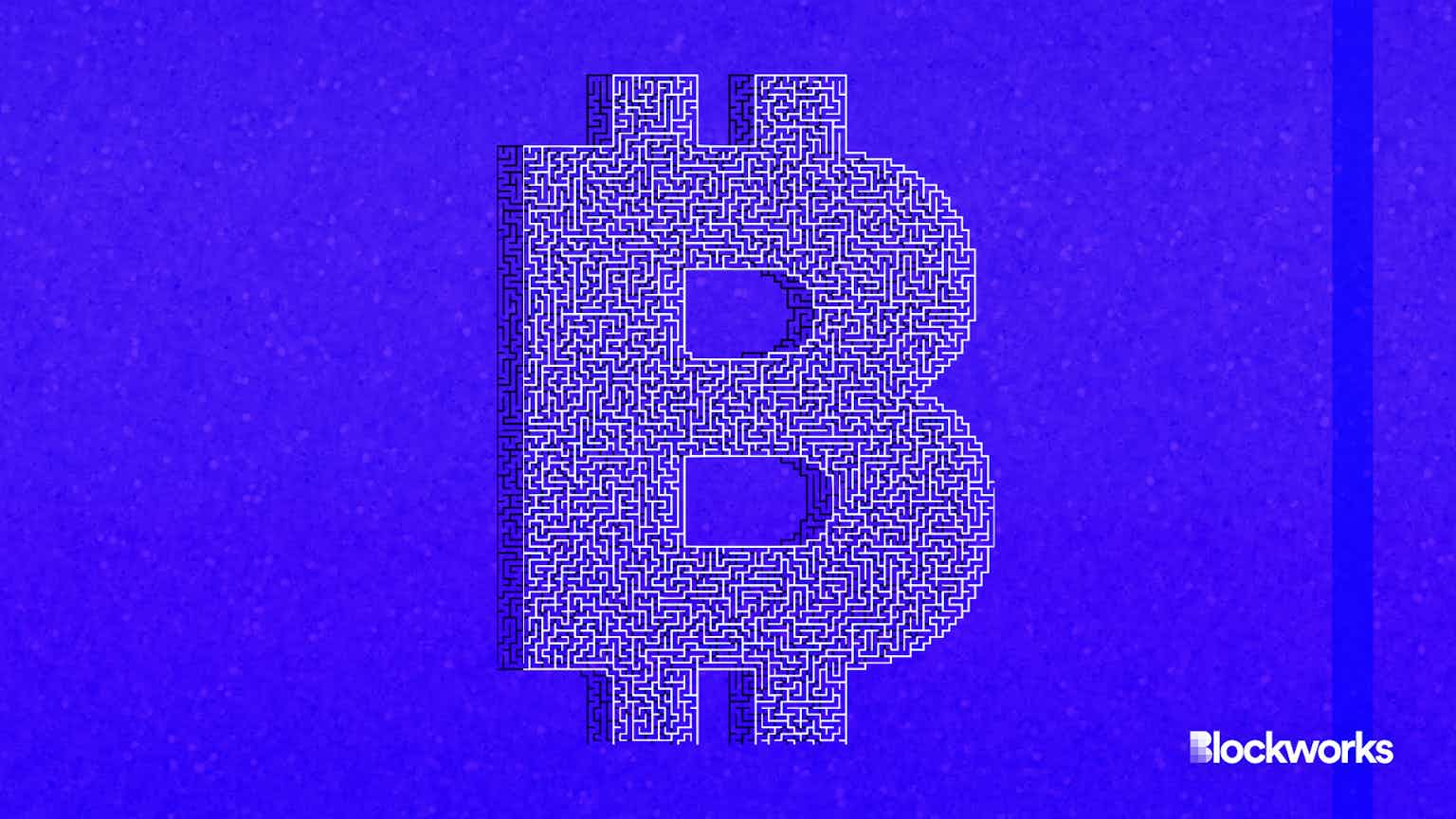Fresh Ethereum Staking Index Wants To Promote Decentralization
The new product is a tokenized basket of ETH staking providers’ ether derivatives including Lido, Rocket Pool and StakeWise — but not Coinbase

sdecoret/Shutterstock.com modified by Blockworks
Index Coop, a company that designs structured products on Ethereum, has launched a Diversified Staked ETH (dsETH) index — a tokenized strategy that proponents say will provide its users with a more sustainable and less risky yield.
The dsETH index allows holders to distribute their assets across various liquid staking protocols. ETH liquid staking tokens listed in the index’s initial launch include Lido’s stETH, Rocket Pool’s rETH and StakeWise’s sETH2.
Additional tokens will be considered if they meet certain public inclusion criteria.
This latest product is a way for “all of the liquid staking protocols [to band] together against the centralized exchanges, who are also big players in the staking industry,” ecosystem growth lead at Index Coop, Crews Enochs, told Blockworks.
“We want to reward protocols that are more decentralized with a higher share of that index,” Enochs said.
For this reason, Coinbase’s cbETH which has a non-competitive fee of 25% and Frax’s frxETH, whose node operators are all run by the Frax core team, have been excluded from the Index.
A move to decentralize Ethereum staking
Since the successful completion of the Ethereum Merge, the ecosystem has been concerned about the gradual centralization of its blockchain — Lido, Coinbase, Kraken and Binance hold a total of 55% of all staked ether, according to data from Rated Network.
“We hope dsETH will positively influence the liquid staking market by rewarding the most efficient and decentralized protocols with higher allocations in the index token,” Dev, Index Coop’s head of growth, said in a statement.
Rocket Pool’s rETH currently tops the list in the index token basket — making up 41.20% of the token’s allocation.
“We want liquid staking protocols to focus on their core products, decentralization and low fees, and not worry so much about marketing and business development and all those integrations,” Enochs said. “If you just have a good-looking staking product, you will get included in this index.”
Once a staking token is included in the index, it can be used as collateral on lending platforms such as Aave — protocols will not need to look for integrations themselves, Enochs added
In the case that a staking token in the index becomes vulnerable to an exploit, Enochs notes that only that particular token’s share of the index will be affected.
“I think a misconception some people have is they think if one of these liquid staking tokens has some sort of exploit and the price starts going to zero, the whole index will go to zero. But that’s not the case, because it’s not continuously rebalancing,” Enochs said. “It’s not like a liquidity pool — so in that sense, you do get that risk mitigation.”
The dsETH token will not be made available by Index Coop to users with US IP addresses, out of regulatory concerns. The tokens will, however, be trading on decentralized exchanges (DEXes) such as Uniswap.
Finding a market
Index Coop has a history of launching new and innovative DeFi tokens, but not all are successful in the market. Several indexes were discontinued last month, including the recently launched Market Neutral Yield ETH (MNYe) product.
Other tokens moved to “legacy” status were the Web3 Data Economy Index (DATA) and half a dozen leveraged index products launched on Polygon.
Start your day with top crypto insights from David Canellis and Katherine Ross. Subscribe to the Empire newsletter.





